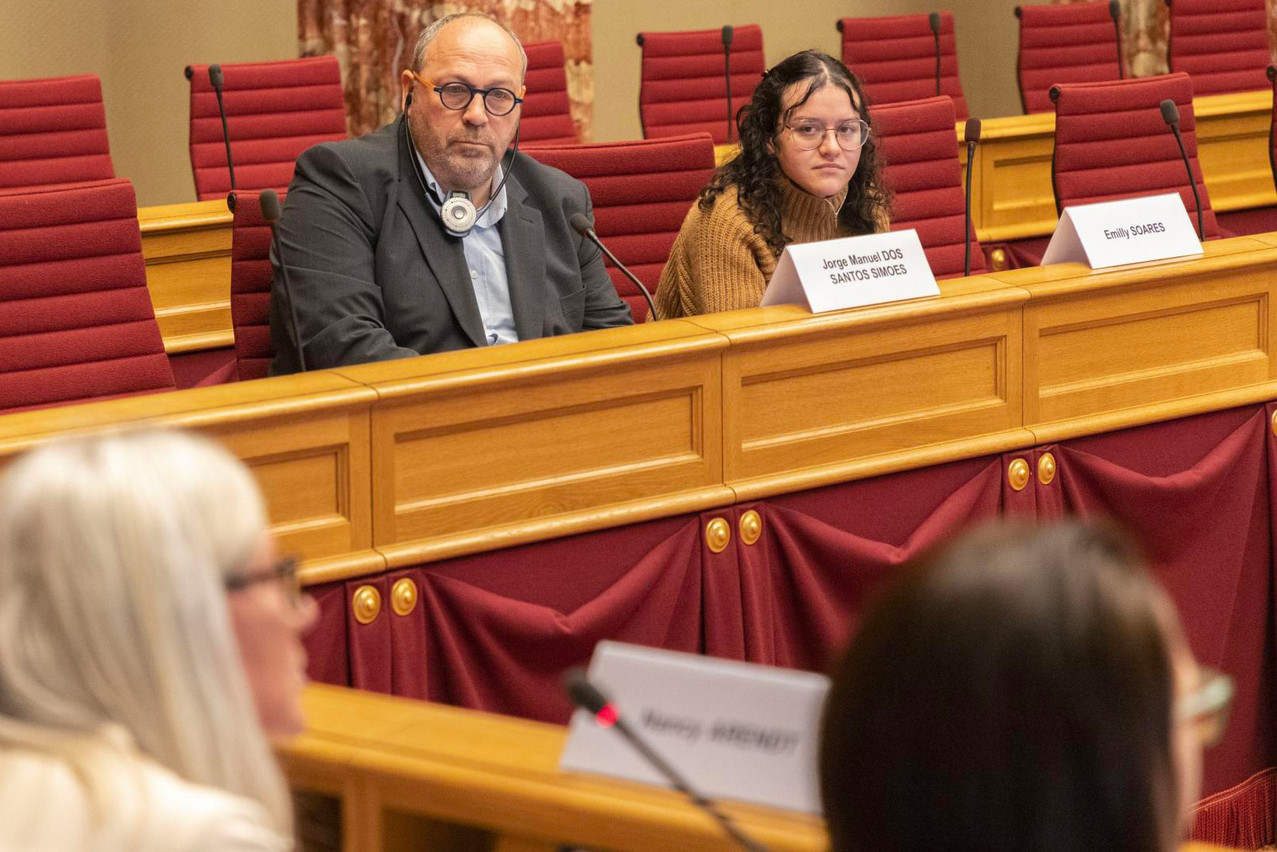On 11 January this year, petition no. 2470, which demanded “to include the right to unlimited cash payments in the Luxembourg Constitution,” reached the threshold of 4,500 signatures needed for it to be debated in parliament. On Wednesday 15 March, the relevant committees (petitions, finance and institutions as well as the committee for the revision of the constitution) gave their verdict on the complaint brought by petitioners Jorge Manuel Dos Santos Simões and Emilly Soares.
In response to the concern of the signatories of the petition that cash would disappear in favour of dematerialisation, “the political world wanted to reassure them: ‘There is no desire on the part of the public authorities to abolish cash payments,’” the Chamber's press release states.
(DP), Luxembourg’s finance minister, said that even if the digital euro were to be introduced, it would not completely replace cash, and reminded that retailers who unjustifiably refuse to accept cash payments are liable to a fine. The minister also referred to a European Central Bank study, published in December 2022, which found that 60% of European consumers are still attached to cash payments.
Cash transactions cannot be unlimited
MPs are well aware of the risk of cash disappearing, particularly because of the gradual disappearance of ATMs and bank counters, which is pushing citizens to use other, often dematerialised, means of payment.
But the petition's objective of “enshrining in the Constitution a fundamental right, that of being able to pay in cash, without limitations” is a little ambitious. During the public debate, it was argued that there is no need to enshrine a guarantee for cash payments in the constitution and that cash transactions cannot be unlimited as the petitioners claim.
In Luxembourg, while there is no limitation on cash payments, retailers who accept cash payments of €10,000 or more are still bound by several obligations, including customer identification.
Finally, MPs recalled that the European and Luxembourg legal framework for the fight against money laundering and terrorist financing aims at limiting cash payments. With the fourth anti-money laundering directive, the European Union is seeking to cap their amounts at €10,000.
This article was first published in French on and translated for Delano.
